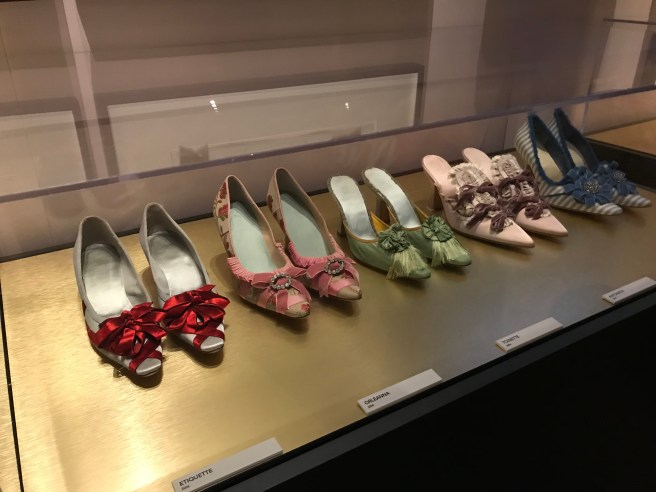“Rough patch” is a phrase I’ve been holding lately. My world feels troubled at best and literally on fire at worst. This week as I watched out the Air Canada window and recognized that sense of peace when all you can see is mountains, ocean, and a completely blue sky, I felt thankful to be home. Then within a blink, the fires came. The forest fires. The gunfire. The worst fire, the one of complacency, more thoughts and prayers, more false blame. I realized this week that I am angry.
I am angry at people who won’t own up to their shit.
I am angry at people who put others down because they don’t understand and won’t be bothered to learn or accept what they don’t know.
I am angry at all the systems of oppression that dominated in the election. To be sure, we saw some great victories.
And, I’m angry at myself. For letting all of this loom over me like a dark cloud. Like the clouds above me in my beloved home state.

Honestly the last month has felt just wrong. Lonely, unmotivated, overwhelmed, tired, frustrated, just “off.” I could write all the things that made me want to crawl under my blankets (and did, on occasion), but as a dear friend said, “you’ve been shaken, you can name that, and you’ve got this. Choose joy”
I spent the last week in Toronto at the Parliament of the World’s Religions, a gathering of over 6000 scholars, activists, writers, artists, and general enthusiasts of this interfaith gathering. The Parliament first took place in 1893 in Chicago at the Columbia Exhibition and looked MUCH different from today. In 1893, the organizers structured the conference so that by the end, the attendees- religious and spiritual leaders from around the world, mostly men- should conclude of their own minds that Protestant Christianity spoke the ultimate truth and rightness. Today, the organizers create a space for learning, with many limitations- most all the presentations are in English, religion continues to mean variations of White American Protestantism, a majority of attendees come from the United States and Canada, and a sense of “Kumbaya” still permeates the public spaces. Think guitar circles at every turn.
This year, I hung with the “Next Generation folks” to see old friends and meet some new. And I realized that I am not the only one who is angry, frustrated, and feeling like I’m not doing enough.
Through informal knowledge, we learned that over a third of Parliament attendees are under the age of 35. I saw some inspiring conversations among these folks- difficult discussions about racism at the Parliament, a critique of the Women’s space that really shouldn’t be open to everyone, and overwhelmingly, a desire to DO something beyond meet and drink and follow each other on Twitter.
One of these “young” people (I don’t dare share his age, but he is over 35) shared a message that I found myself struggling to both acknowledge and critique. Dr. Patel, Founder of the Interfaith Youth Core and a long-time friend, spoke at the University of Toronto Multifaith Centre’s 10th Anniversary Party and declared the missing link in the interfaith movement. “We aren’t doing interfaith leadership if we’re not working and talking with people who disagree.” Later, in a meaningful and intellectual conversation, Dr. Patel asked me a question. “What good does it do to tell someone they are oppressed? Why not instead tell them they have power and agency?” I found myself nodding- he’s right, in a way. I also found myself scratching my head. How do I- a teacher, a scholar, someone privileged in identity and with the ability to access and organize knowledge- how do I tell my students they have power when so many struggle to succeed in a system that wasn’t built for them?
I must note that my students do live in immense privilege- if nothing besides the access they receive to knowledge. At the same time, we do need to acknowledge that this call to action represents a degree of male-ness in terms of safety and power. The male-ness of this approach is to assume that power is equally internalized and upheld externally. Not just by fellow students, but by the constructs of learning and living in this university context. I suggest that my role is not to determine who students are at all- my role is to teach them how to build a community together, one inherently unequal, but one in which they can learn to be of service to one another. This is something we- the Next Generation, the angry, the frustrated- can learn and share.
